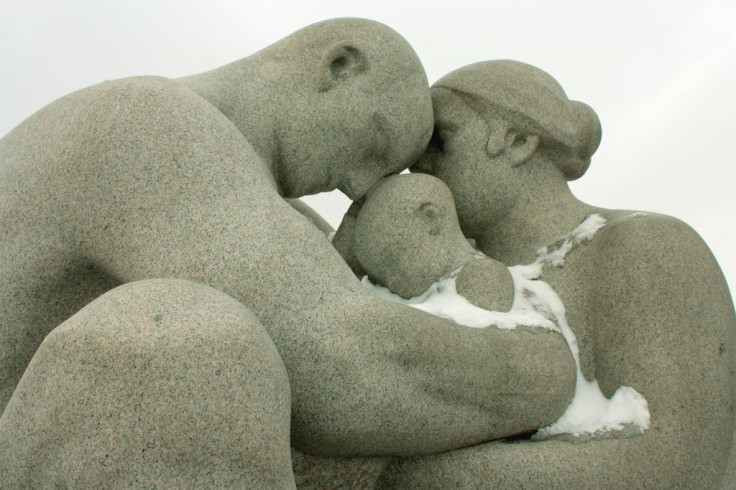Save The Children Report Ranks Norway As Best Country For Mothers, USA Falls To 33rd

For maternal health, there’s no better place to live than Norway and no worse than Somalia, according to the latest State of the World’s Mothers report, which includes the 2015 Mothers’ Index and Country Rankings. The United States, meanwhile, fell from 31st place to 33rd.
Save the Children released the findings as part of its latest global data report on the state of the world’s mothers. The statistics tell a bleak story for women and children in developing nations, where disparities in wealth leave many facing high death risks. Without access to universal health care, mothers struggle to find adequate prenatal care and skilled birth attendance. However, the developed world is hardly better off. Washington, D.C. carries the highest infant death risk of all high-income capital cities.
The Mothers’ Index ranked countries according to five measures related to maternal health, child well-being, education and income levels, and political status. Both the top 10 and bottom 10 feature familiar countries on their lists. Scandinavian countries such as Norway, Finland, and Sweden mostly rotated positions as the countries in spots seven through 10 — Spain, Germany, Australia, and Belgium — stayed fixed from last year’s report. The 10 worst countries are all found in sub-Saharan Africa, owing to the region’s desperate absence of health care infrastructure.
“The data collected for the Mothers’ Index document the tremendous gaps between rich and poor countries and the urgent need to accelerate progress in the health and well-being of mothers and their children,” the report stated.
To ameliorate the vast differences between high- and low-income countries, Save the Children outlines several steps that need to be taken. The first, and perhaps most important, is ensuring access to universal health care. Closing the gaps in malnutrition and infant death requires making “quality basic preventive and curative health services” more accessible and affordable, the organization argues.
“This will require investing in strengthened and expanded urban health systems designed to reach the poor, ensuring access to health workers able to provide quality care in slums and informal settlements, and removing financial barriers to accessing quality health services.”
A large chunk of that challenge is solving malnutrition, which causes 45 percent of deaths in children under 5 years old. In the top 10 countries, one mother out of 290 will lose a child to infant death. In the bottom 10, the rate stands at one in eight. But it isn’t just wealth that determines a mother’s well-being. Washington, D.C., for example, has 7.9 infant deaths per 1,000. In Oslo and Stockholm, that rate fell below two percent. Ostensibly, the countries that seem to be doing the best, such as Norway and Sweden, use their wealth to prioritize the health of women and children.
Unfortunately, the U.S. has never set a stellar example for social equality. For example, it is one of only four countries that issues no federal paternity leave policy, instead leaving the decision up to individual employers. Even then, many companies limit the amount of time a woman can take to a few weeks. In many of the countries on Save the Children’s top 10 list, new mothers can take up to a year off from work and still expect to have a job when they get back.
In this regard, Save the Children urges the U.S. government and other lagging governments to jumpstart their initiatives for helping out mothers and their newborns. “All governments must meet their funding commitments for maternal, newborn and child health and nutrition,” the report stated. Additionally, “country governments must increase their own health budgets.”



























